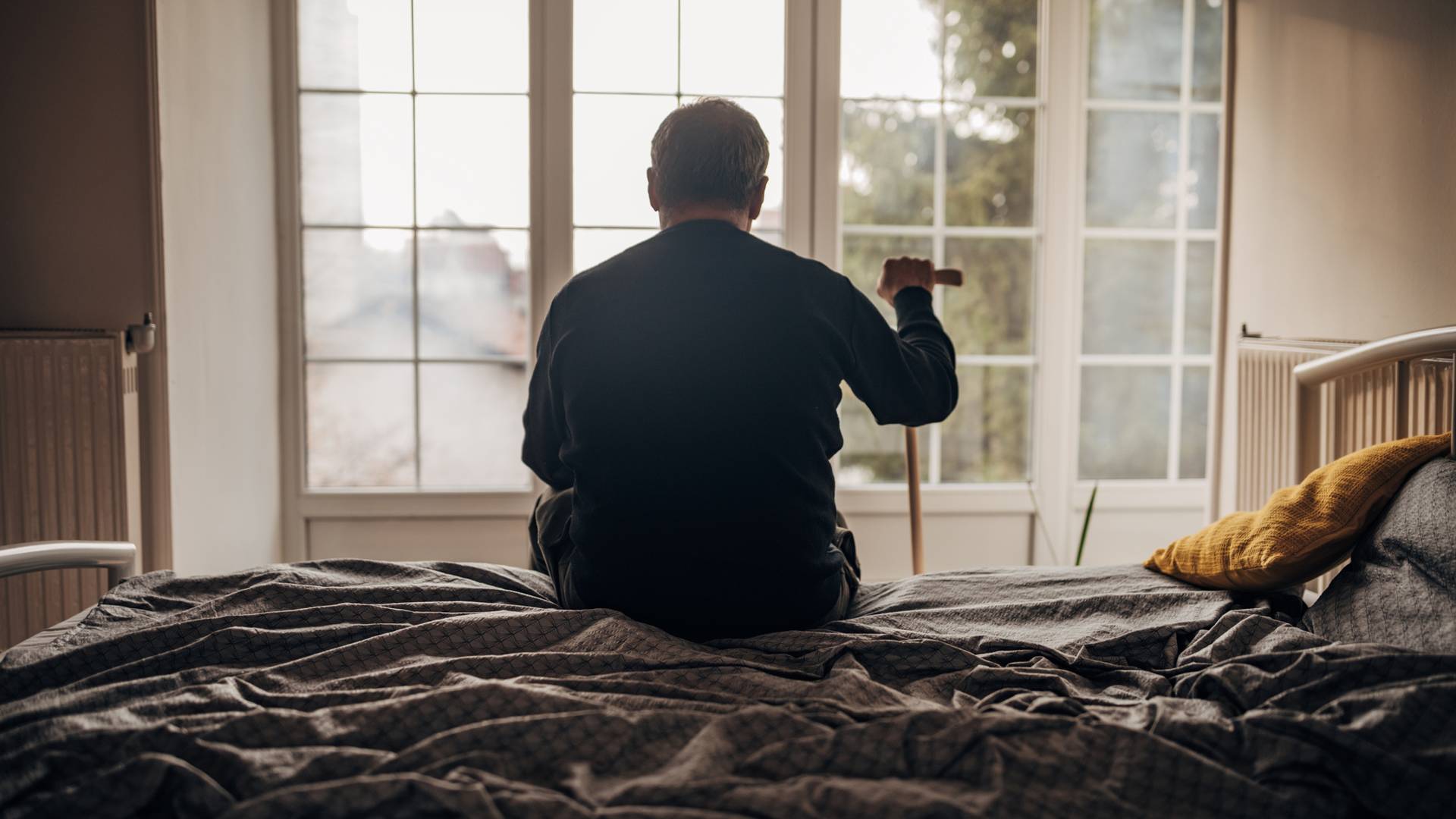Homeowner's Duty of Care
When it comes to owning a home, the responsibilities extend far beyond maintenance and mortgage payments. Legally, homeowners are bound by a duty of care to ensure their property is safe for visitors. This concept, known as 'premises liability', holds homeowners accountable for accidents that occur on their property due to potential hazards.
Whether it's a loose floorboard or an icy walkway, it's imperative for homeowners to address such issues promptly to prevent injuries. Understanding the extent of this duty and the implications of negligence is crucial for any property owner, as failure to comply can lead to significant legal and financial repercussions.
Types of Visitors and Their Rights
Not all visitors to a property are treated equally under the law. The rights of individuals on your property, and your subsequent liability, can differ greatly depending on their status as invitees, licensees, or trespassers. Invitees, such as guests or customers in a business setting, are owed the highest duty of care, with homeowners expected to take reasonable steps to ensure their safety.
Licensees, who are on the property for their own purposes, like a salesman, are owed a lesser duty of care. Trespassers, on the other hand, are owed the least duty of care, but homeowners still cannot willfully harm them. Clarifying the category into which a visitor falls is the first step in determining a homeowner's liability in the event of an injury.
Home Insurance and Personal Injury Protection
Homeowner's insurance is more than just a safety net for property damage—it's a critical component in protecting homeowners from financial loss due to personal injury claims. These policies typically include liability coverage, which can be a lifesaver if someone is injured on your property. Homeowners need to understand the extent of this coverage, as it can cover legal fees, medical expenses, and other damages awarded to the injured party. However, the specifics of what is covered can vary widely, so it's important to review your policy carefully to ensure you have adequate protection.
How Comparative Fault Affects Liability
In personal injury cases, the concept of comparative fault can significantly alter the landscape of liability. This rule allows for the distribution of fault between the injured party and the homeowner, potentially reducing the homeowner's financial burden. For instance, if an injured party is found to be 30% at fault for their own injury, the damages awarded to them may be reduced accordingly.
This system emphasizes the importance of context and the actions of all parties involved in an accident. Homeowners should be aware of how comparative fault could play a role in their case, as it can be a critical factor in the outcome.
Implications for Homeowner Liability
The implications of comparative fault for homeowner liability can be profound. In scenarios where an injured party may have contributed to their own injury through negligence or disregard for safety warnings, the homeowner's liability could be reduced. This could mean the difference between a financially crippling payout and a more manageable settlement. However, homeowners should not rely on comparative fault as a guaranteed defense. Instead, they should take all necessary precautions to prevent accidents and consult with legal professionals to understand the nuances of their specific situation.
Contact Our Skilled Professionals at Rouda Feder Tietjen & McGuinn
Dealing with personal injury claims can be daunting, but you don't have to face it alone. If you're in San Francisco, CA, and in need of expert legal assistance, contact Rouda Feder Tietjen & McGuinn.
Our experienced team can help you understand your rights and responsibilities, and guide you through the legal process with confidence. Reach out to us today to ensure you have the best representation on your side. (415) 940-7176

[1].2402061106550.jpg)
